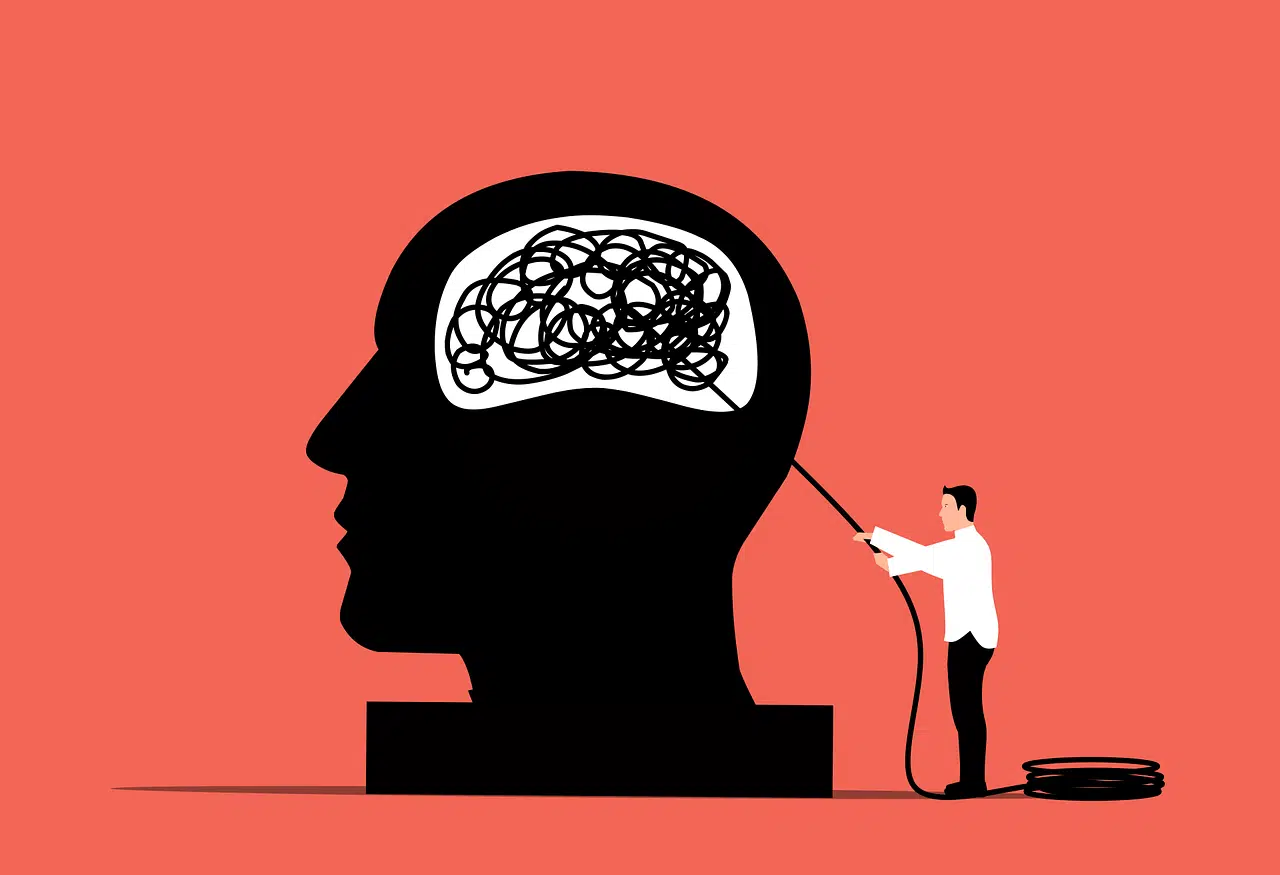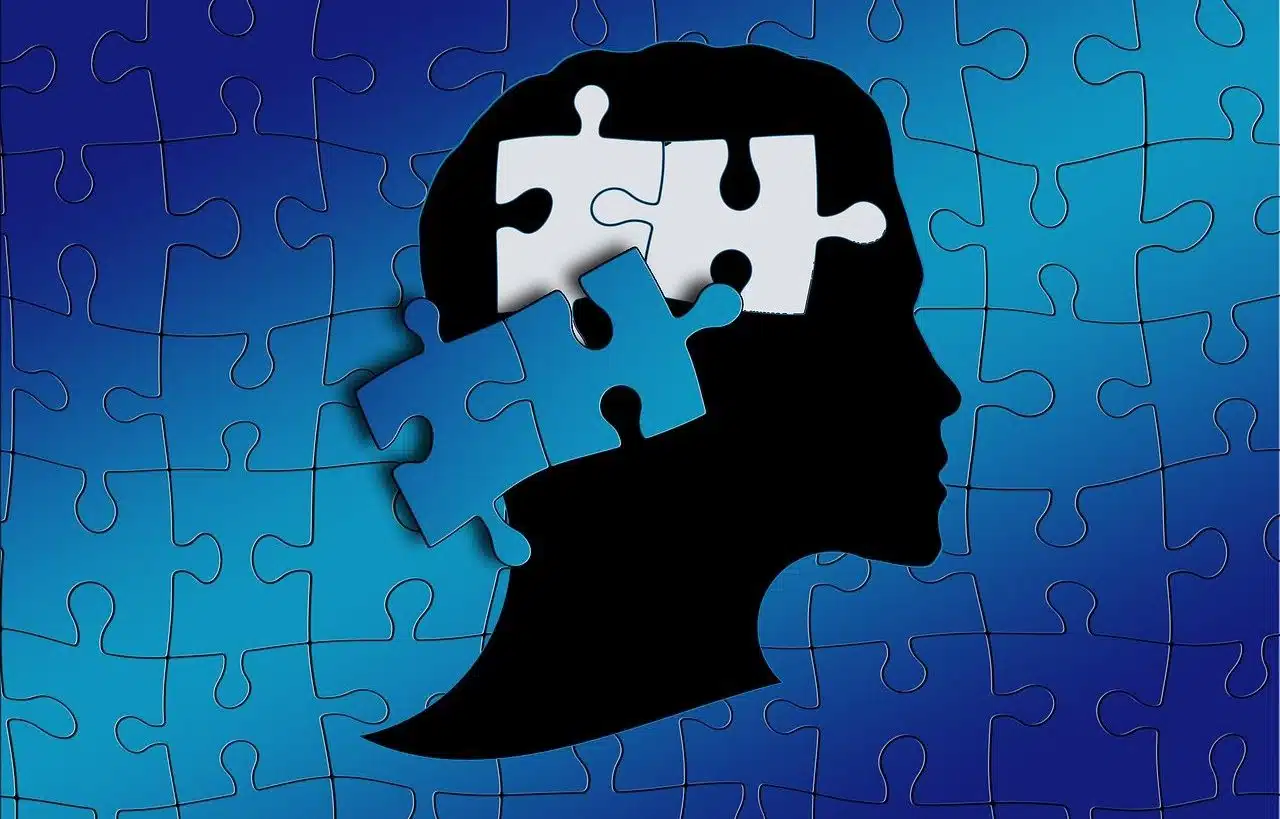
Piaget made important theoretical contributions to psychology.
Piaget is the surname of one of the most important psychologists in history: the Swiss Jean Piaget . Among his creations and discoveries is genetic epistemology , defined below, and a series of important contributions to the study of the development of intelligence .
His birth occurred on August 9, 1896 in the town of Neuchâtel , and he died on September 16, 1980 . Already in his childhood he showed interest in biology , which led him to study Natural Sciences . In 1918 he graduated in this specialty, dedicating his thesis to a certain class of mollusks.
When he worked at the University of Zurich , his approach to psychoanalysis and psychology in general occurred. There Piaget studied in depth the works of Carl Gustav Jung and Sigmund Freud . He then settled in Paris and began to develop his theories on child development and cognition.
Piaget's theories
One of Piaget 's best-known theories refers to genetic epistemology , which empirically investigates the characteristics of cognitive ability. It is a postulate that proposes that knowledge and intelligence are adaptive phenomena of the organism to the environment, which manifest as a successive series of knowledge structures that are generated from the sucking and grasping reflexes, innate to the human being.
Piaget admits that thinking is largely influenced by certain patterns that are already in the genes, although he attributes great importance to cultural and social factors that affect the way of thinking. The individual, for Piaget , plays an active role in the process of assimilating knowledge .
Piaget also stated that children assimilate logic before developing their language, since the motor skills they acquire from interacting with the environment are key. On the other hand, this psychologist highlighted that practical intelligence, based on actions, is acquired spontaneously.
Accommodation (how the structure of knowledge changes to perceive new situations) and assimilation (how a subject internalizes a fact to a pre-established scheme) are other important concepts in Piaget's theory .

Piaget developed genetic epistemology.
The assimilation
It is a process through which the person internalizes or internalizes an object or event into a pre-established cognitive and behavioral structure.
This is clearly seen when a small child takes an object that he has never seen before and puts it in his mouth, since the actions he performs were already part of his structure, although he had never used them to interact with said object.
Accommodation according to Piaget
Accommodation is the process that the person uses to modify their schemas to be able to incorporate new objects into their cognitive structure. As well as assimilation, this concept is basic for Piaget in the cognitive development of human beings in their early years.
For accommodation to exist, Piaget explained that it is possible to modify a cognitive structure or create a new one. This process, which has the purpose of allowing a new stimulus to enter the subject's schema , is considered a qualitative change in it. The procedures that take place during accommodation are called cognitive functions .
Returning to the example given to graph the assimilation process, if the child discovers that the way of grasping that he had used until now to hold the unknown object is not enough, then the necessary modifications will occur in his cognitive structure to overcome his objective with success .
Accommodation and assimilation alternate to achieve a balance that allows control of the external world, with the primary goal of surviving. After the inevitable crisis that occurs when faced with information that is difficult to interpret, people seek to recover stability through accommodation and in this way we incorporate new experiences.
